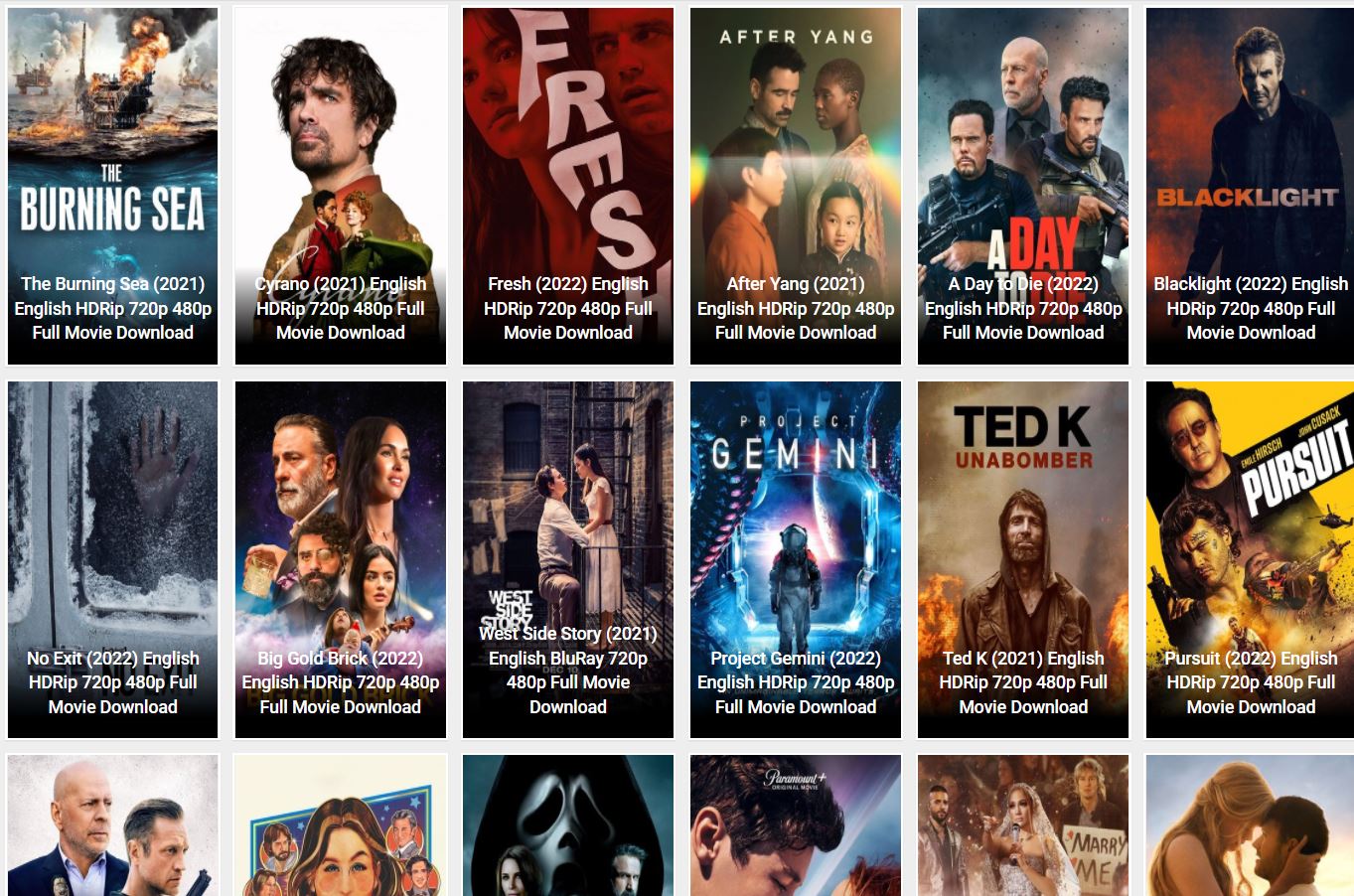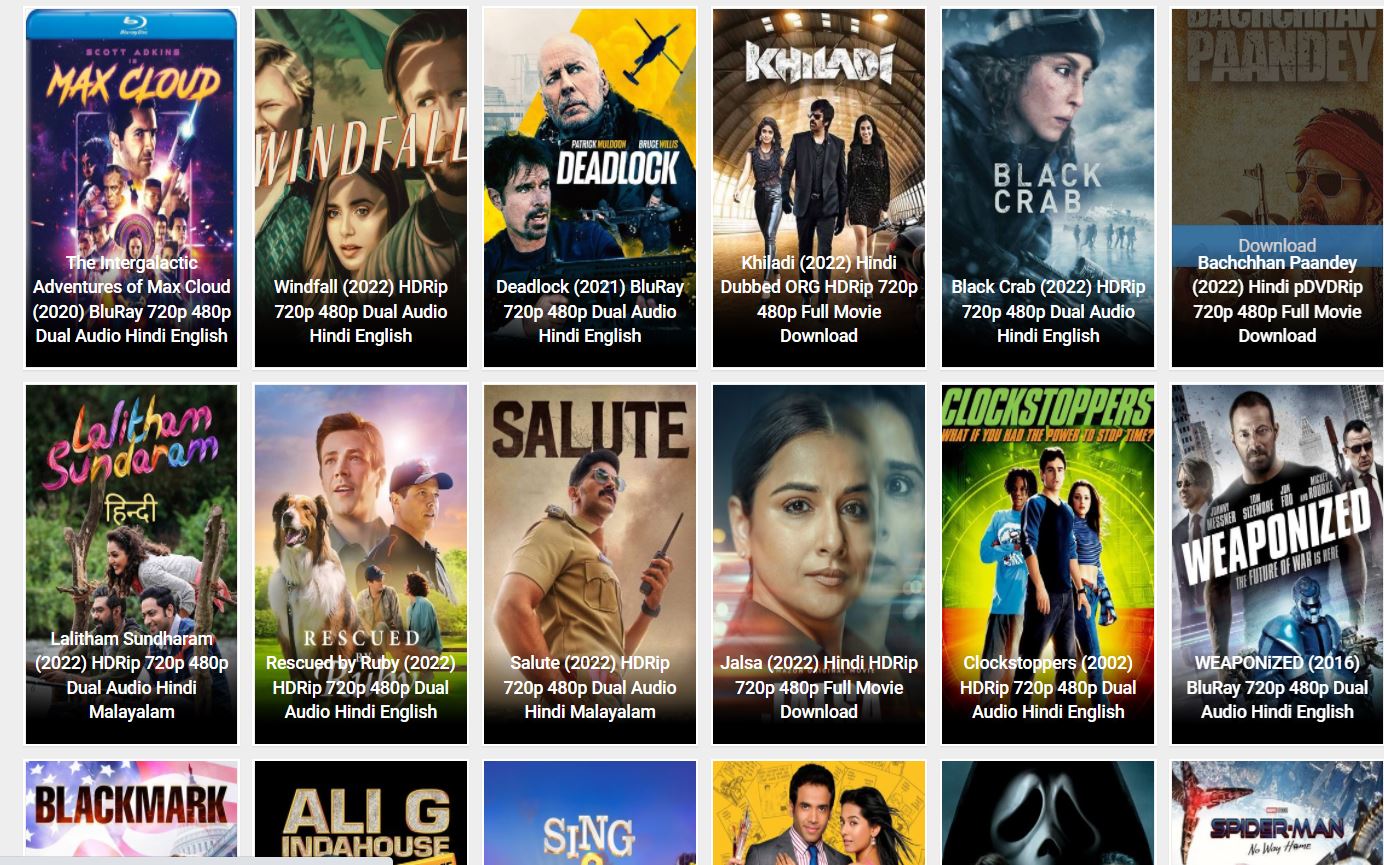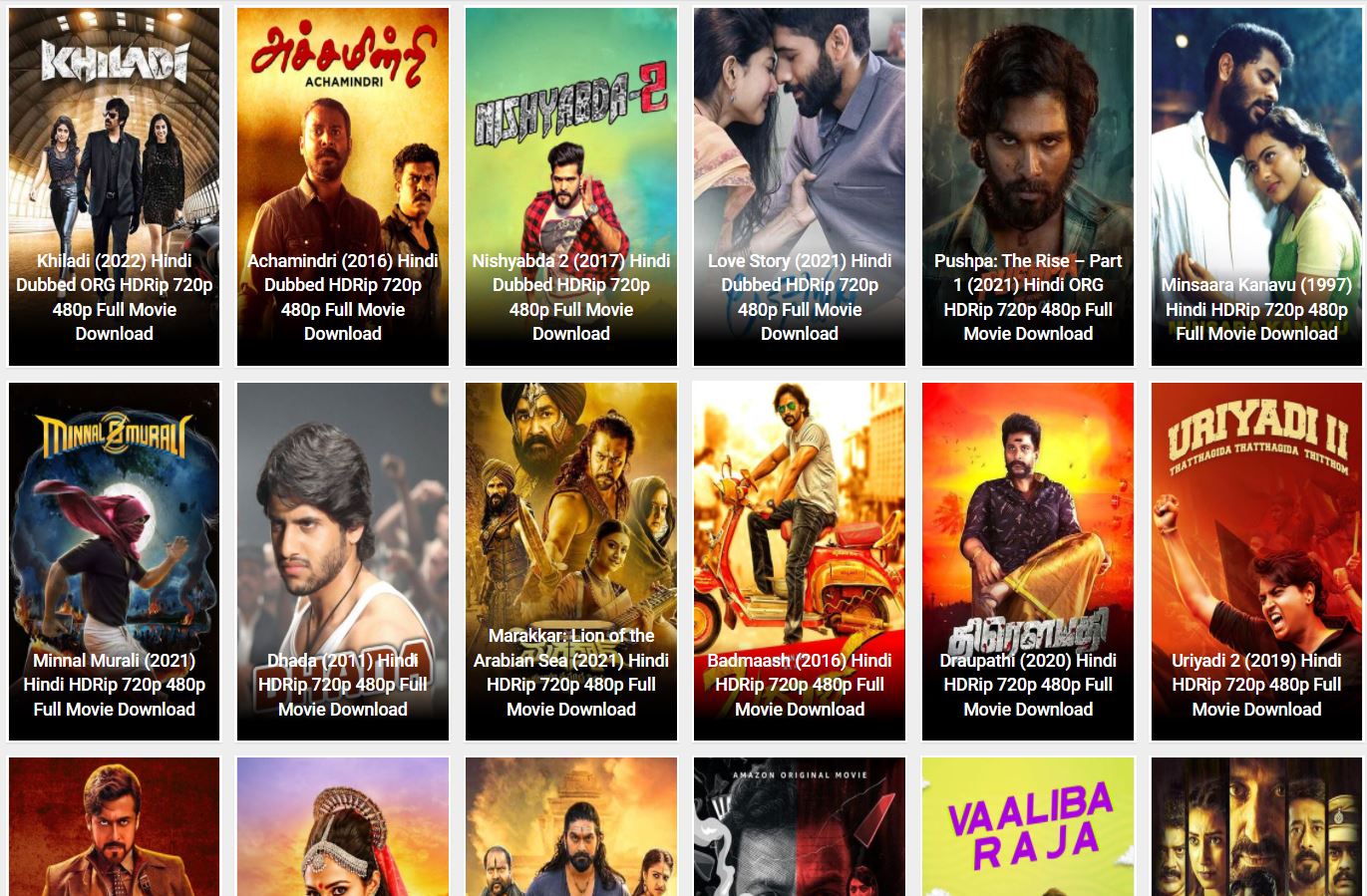Understanding The **mkv Movies Point**: What Makes This Format Tick?
Have you ever come across a file with the .mkv extension while looking for something to watch online? It's a rather common sight, you know. Many folks might think it's just another video type, but that's not quite the full story, is that? Actually, an MKV file is more like a special kind of box. This box, you see, is built using something called the Matroska multimedia container format. It’s pretty handy, really, for keeping all sorts of visual stories together. You'll often find it holding onto short video clips, maybe a favorite TV show, or even a whole movie. It's quite a versatile thing, apparently, when you consider all it can hold inside.
Contrary to what some might believe, MKV files are not about squishing down audio or video. No, that's a common misunderstanding, as a matter of fact. Instead, MKV files are truly multimedia container formats. Think of them like a well-organized suitcase for all your media bits. They can incorporate a whole bunch of different elements, keeping them neatly bundled together. This means you get a single file that’s ready to go, containing everything needed for a complete viewing experience. It’s a pretty clever way to package things, you might say.
So, when we talk about the "mkv movies point," we're really getting at the core of what makes this format so useful for films and other video content. It’s about how it holds everything together, making it easy to share and play. You see, an MKV file is a video file saved in this Matroska multimedia container format, and it often stores not just movies, but also those short video clips and even entire TV shows. It supports several types of audio and, well, that's just the start of its capabilities. It’s a rather robust solution for media, actually, and has been around for a while now.
- Best Response For Thank You
- When Does Oliver Die
- African Male Dog Names
- What Flag Green Yellow Red
- Kellie Martin Movies And Tv Shows
Table of Contents
- What Is an MKV File, Really?
- The Matroska Advantage: More Than Just Video
- MKV Versus MP4: A Friendly Comparison
- Playing Your MKV Movies: Ease of Access
- Handling MKV Files: Conversions and Tools
- Frequently Asked Questions About MKV Movies
What Is an MKV File, Really?
Let's clear things up a bit about what an MKV file truly is, because there's sometimes a little confusion, isn't there? An MKV file is a Matroska video file. It's essentially a video container, much like a .MOV file, but it offers some rather unique benefits. What makes it stand out, you ask? Well, it supports an unlimited number of audio, picture, and subtitle tracks. This is a pretty big deal for anyone who enjoys a rich media experience, as a matter of fact. You can have multiple language options, director's commentary, and even different subtitle styles all in one tidy package. It’s quite flexible, you see.
The Matroska multimedia container (MKV) format has a fascinating history and a very thoughtful design, too. It's not just some random file type; it was created with a lot of foresight. When you learn about its technical structure, you begin to appreciate how it manages to pack video, audio, and metadata into a single file. And that ability to contain different elements? That’s really what makes it shine. It’s a free and open container format, which means anyone can use it and build upon it, which is a pretty cool thing for the digital world. This open nature, you know, has helped it become quite popular.
So, what is an MKV file? Simply put, it's a Matroska video file. It's a free and open container format that can store an unlimited number of video, audio, image, or subtitle tracks in a single file. This is a key "mkv movies point" to grasp. It's widely used, actually, and for good reason. It’s particularly common for storing TV shows and movies, allowing for a really comprehensive viewing experience. It can encapsulate different audio and video codecs and subtitle formats into one file, which is a rather neat trick, you might say. This flexibility is what makes it so appealing to many people downloading videos from the internet, where you might stumble upon those with an MKV extension. Though these .MKV files are essentially video, they bring so much more to the table in terms of what they can carry.
- What Is The Toughest Prison In The Us
- Real Madrid Away Kit
- Ruby Lend
- Funny Get Well
- Japanese Fighting Fish Price
The Matroska Advantage: More Than Just Video
The Matroska format, which is what MKV stands for, offers some pretty significant advantages, you know, especially when we think about the "mkv movies point." It's not just about having a video; it's about having a complete media package. This container file format is capable of holding an unlimited number of video, audio, and subtitle tracks, along with any other bits of information that might be useful. Imagine having a movie file that includes not only the main feature but also multiple language dubs, several subtitle options for different viewers, and even perhaps some bonus audio commentary. That's the kind of comprehensive experience Matroska makes possible, as a matter of fact. It's a rather user-friendly approach to media delivery.
One of the great things about this format is its ability to handle different types of content all at once. It’s very much like a digital Swiss Army knife for media, if you will. You might have a video stream encoded with one method, an audio track with another, and subtitles in yet another format, and MKV just brings them all together seamlessly. This means creators have a lot of freedom in how they package their content, and viewers get a really rich experience without needing separate files for each component. It’s a pretty smart design, actually, when you think about it. This flexibility is a big part of the "mkv movies point" for many users.
Furthermore, the open-source nature of Matroska means it’s constantly evolving and improving, you see. It's not tied to any single company or proprietary system, which tends to make it more accessible and widely supported. This community-driven development helps ensure that it remains a relevant and powerful container format for years to come. So, when you download an MKV movie, you're getting something that's built on a foundation of openness and versatility, which is pretty cool. This ensures its continued presence in the media landscape, as a matter of fact, and its ability to adapt to new technologies.
MKV Versus MP4: A Friendly Comparison
Many people often wonder about the differences between MKV and MP4 files, and it's a good question to ask, isn't it? Both MKV and MP4 are just container formats, meaning they hold the actual video and audio data. In essence, there isn't a fundamental difference in the quality of the content they hold, but rather in what they can contain and how they are structured. MP4, for instance, is also capable of encapsulating subtitles and multi-channel audio files. So, in that respect, they can seem quite similar, you know. Yet, there are some subtle distinctions that are part of the "mkv movies point."
Where MKV often shines is in its capacity for multiple tracks. An MKV file can generally contain several subtitle and multiple audio channel files all packaged together. This is where it tends to have an edge for those who need a lot of options within a single file. For example, if you want a movie with English, Spanish, and French audio tracks, plus subtitles in five different languages, MKV can handle that with ease. MP4 can do some of this too, but MKV is generally more flexible and robust in this area, you see. It's designed to be a bit more expansive in what it can hold.
Some older media players or TV boxes might support MP4 a bit more readily than MKV, it's true. This is mostly due to MP4 being an older, more established standard in some consumer electronics. However, with modern devices and software, the gap is closing rapidly. Most current players and systems handle MKV files without any trouble at all. So, while there might have been a slight preference for MP4 in the past, the "mkv movies point" today is that compatibility is rarely an issue. It’s really about what kind of flexibility you need from your media file, as a matter of fact. Both formats are very capable, but MKV offers a little extra room for complex media packages.
Playing Your MKV Movies: Ease of Access
One of the really good things about MKV files is how easy they are to play these days, you know. There are many players that can handle MKV files on nearly all platforms. So, whether you're using a Windows computer, a Mac, Linux, or even a mobile device, chances are you already have a program that can open these files without any fuss. This widespread support is a significant "mkv movies point" for users. You don't usually need to go hunting for specialized software just to watch your content, which is a pretty convenient thing, isn't it?
For those using Windows computers, you might even find that the built-in Media Player can play MKV files straight away. If for some reason it doesn't, or if you prefer something with more features, there are plenty of free and widely available media players that work wonderfully. These players are often designed to be very user-friendly and can handle a wide array of video formats, including MKV, with great performance. So, you're rarely left in a situation where you can't watch your favorite MKV content, as a matter of fact. It’s pretty much a standard format now for many media enthusiasts.
The ease of playing these files contributes a lot to their popularity. You don't need to be a tech wizard to enjoy an MKV movie. You just click, and it usually works. This accessibility is a big win for the format, making it a go-to choice for distributing high-quality video that might include multiple audio tracks or subtitle options. It truly makes the experience smooth and straightforward for almost everyone, you see. This universal playability is a strong aspect of the "mkv movies point" in today's media landscape, ensuring that your content is always ready to go.
Handling MKV Files: Conversions and Tools
Sometimes, even with all the great player support, you might find yourself needing to convert an MKV file, or perhaps work with it in a different way, you know. If your Windows computer's media player isn't cooperating, or if you need to send the file to a device that prefers MP4, converting MKV to a standard MP4 format is often a simple solution. There are various tools available that can help with this, making the process pretty straightforward. This flexibility to adapt the file is another practical "mkv movies point" for many users, as a matter of fact.
For personal use, if you're not bothered by a watermark on the output, some programs like EV Video Converter can handle the conversion. If you need something more robust or for specific tasks, there are other applications available. For instance, MakeMKV is a program that, while very complex on the inside, has a very simple interface for certain operations. It can, for example, open a disc on its first screen, and the program will then guide you through the process. This kind of specialized tool really helps users manage their media collection effectively, you see.
It’s worth remembering that MKV and MP4 are just encapsulation formats. They don't inherently change the quality of the video or audio they hold. So, converting between them often means just repackaging the same content into a different container, which is a pretty quick process. The primary reason for conversion usually comes down to compatibility with a specific device or software that might have a stronger preference for MP4. This adaptability, the ability to switch containers when needed, is a useful feature of the "mkv movies point," ensuring your media is always ready for whatever device you choose to use. It’s all about making your media work for you, apparently, in whatever way you need it to.
Frequently Asked Questions About MKV Movies
People often have a few common questions about MKV files, and it's good to address them, isn't it? Here are some answers to things you might be wondering about this popular format.
Is MKV a good format for movies?
Yes, absolutely, MKV is considered a very good format for movies, you know. It's a container that can hold high-quality video and audio, along with multiple subtitle tracks and other extras, all in one file. This means you can get a really rich and complete viewing experience. Its flexibility allows for different codecs, too, so it's pretty versatile in what it can carry. For anyone looking for a comprehensive media package, it's a strong contender, as a matter of fact.
Can all video players play MKV files?
While not every single old or obscure video player might support MKV, the vast majority of modern video players on almost all platforms can play MKV files without any issues, you see. This includes popular media players on Windows, macOS, Linux, and even many smart TVs and mobile devices. So, it's highly likely that whatever device you're using will be able to handle MKV content. If not, there are plenty of free and easy-to-use players available that do support it. You're usually good to go, apparently.
What is the main difference between MKV and MP4 for movies?
The main difference between MKV and MP4, when it comes to movies, lies mostly in their flexibility as containers, you know. Both can hold video and audio, but MKV is designed to support an unlimited number of tracks. This means an MKV movie file can easily contain multiple audio languages, many subtitle options, and even different video streams all within that single file. MP4 can also handle some of this, but MKV typically offers more robust support for a wider variety and quantity of these extra tracks. It's about how much you can pack into that single file, as a matter of fact, and MKV tends to be more expansive in that regard. Learn more about video file formats on our site, and link to this page for more media playback tips.

MKV Point Movies - Free HD Dubbed Movies In A Variety Of Languages

MKV Point Movies - Free HD Dubbed Movies In A Variety Of Languages

MKV Point Movies-A Website Where You Can Download Free Hollywood